Purchasing a home is no small feat. It often requires years of saving, strategic financial planning, and understanding of the current housing market. While homeownership is considered the American dream, achieving it can be daunting, especially when saving up for a down payment. In this blog post, we’ll discuss how much money you need to buy a house and the various costs associated with homeownership.
The Down Payment
A down payment is a percentage of the home’s purchase price that you pay upfront, typically at closing. The amount you’ll need for your down payment will depend on several factors, including the cost of the home and the type of loan you choose. However, conventional wisdom suggests that aspiring homeowners should aim for a down payment of 20% of the home’s purchase price. For example, for a home that costs $200,000, a 20% down payment would be $40,000.
While the traditional down payment amount is 20%, there are other options available, particularly for first-time homebuyers:
- FHA Loans: Federally backed loans allowing down payments as low as 3.5% for qualified buyers.
- VA Loans: A loan option for veterans and their spouses that can offer a 0% down payment.
- USDA Loans: These are available for rural area residents and can provide a 0% down payment.
It’s important to remember that many conventional loan options provide the flexibility to pay less than a 20% down payment. Eligibility for these options is based on factors such as your income, credit score, and overall debt-to-income ratio.
However, if you opt to put down less than 20%, be prepared to pay for mortgage insurance and your monthly mortgage payment. This extra monthly expense could increase your monthly payment, potentially higher than initially anticipated.
Closing Costs
Closing costs are fees and expenses associated with finalizing a mortgage. They typically range from 2% to 5% of the home’s purchase price but can be higher sometimes. Examples of closing costs include origination fees, appraisal fees, title insurance, and taxes. It’s important to remember these costs when budgeting for your down payment, as they can add up quickly.
Additional Expenses
Aside from the down payment and closing costs, there are other expenses to consider when purchasing a home.
These include:
- Home Inspection: This is a crucial step in home-buying that can uncover potential property issues. It typically ranges from $300-$500, depending on your location and the size of the home.
- Moving Costs: Whether you hire professional movers or do it yourself, moving to a new home can be costly. Budgeting for this expense, in addition to your down payment and closing costs, is essential.
- Homeowners Insurance: Lenders require homeowners insurance as part of the mortgage process. The price will vary depending on factors such as the location of the home, its age, and your credit score.
- Utility Costs: As a homeowner, you’ll also be responsible for paying utility bills such as electricity, gas, water, and internet. Make sure to factor these costs into your monthly budget.
Potential Hidden Costs
Even after considering the above costs, leaving room for unexpected expenses is essential. Home maintenance and repairs, lawn care, home security, and home association fees can add up. It’s always a good idea to set aside an emergency fund for any unexpected expenses that may arise as a homeowner.
Bottom Line
Buying a home goes beyond the down payment and closing costs. It’s important to thoroughly research all potential expenses and understand your budget before leaping into homeownership. By doing so, you can ensure that you are financially prepared for this significant investment in your future.
Remember, it’s not just about how much money you need to buy a house but also planning for the ongoing costs of homeownership. So, before you start your house hunt, do your homework and have a solid financial plan. Happy home buying!
Sources: MN Housing – Distinctive Mortgages
Learn more about the Real Estate Market with Chantel and find out what properties are on the market today in Minnesota.










